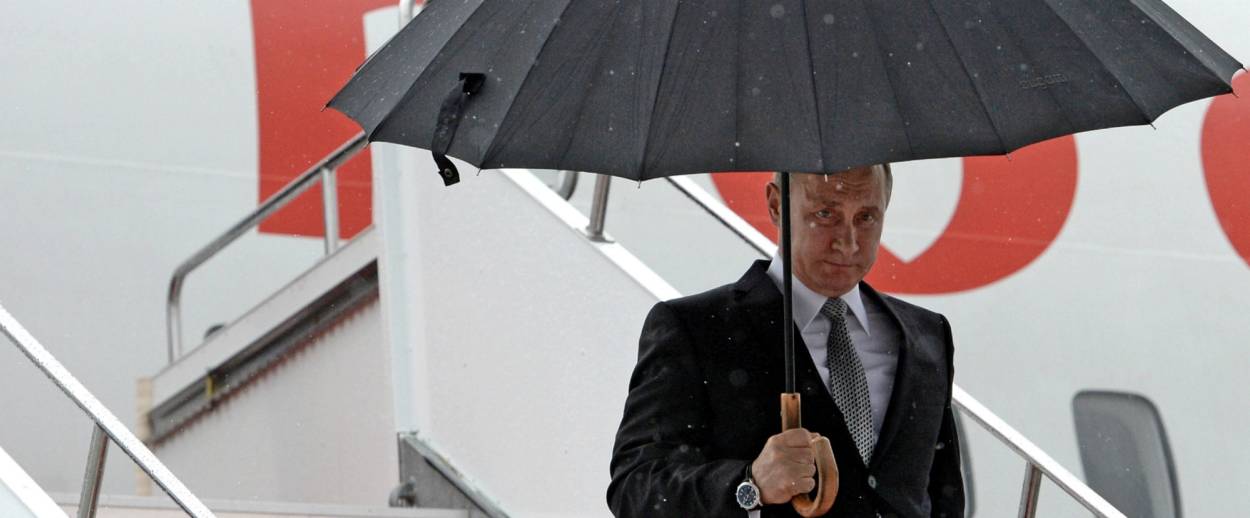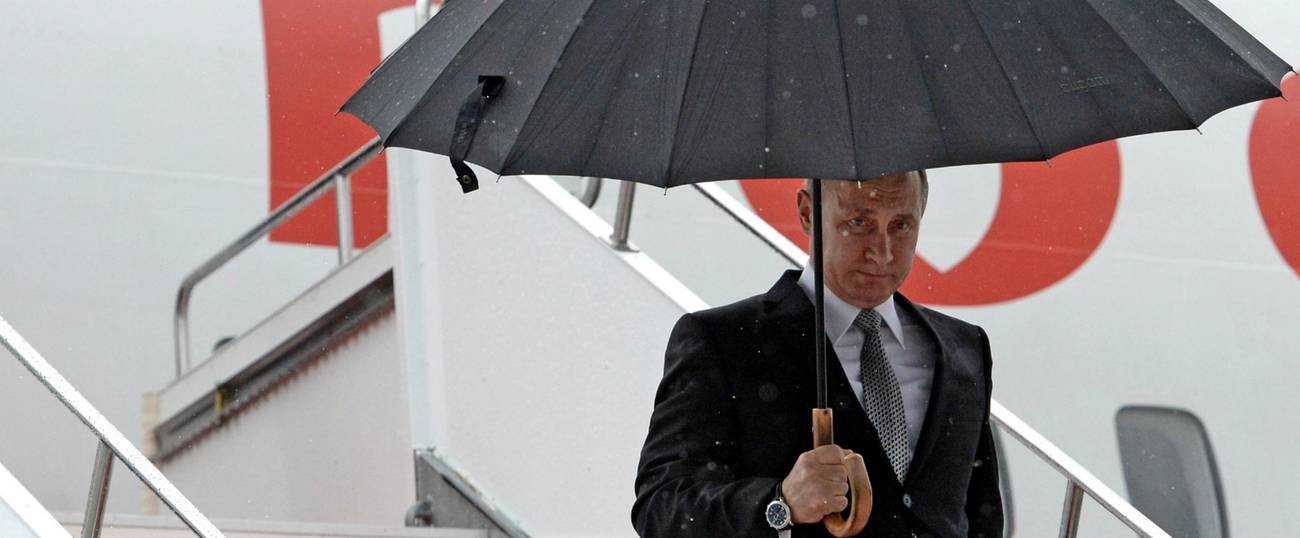U.S. Judge Fines Russia $44 Million for Refusing to Hand Over Centuries-Old Chabad-Lubavitch Texts
The decades-long legal battle over rightful home for historic collection continues




During World War I, Rabbi Sholom Dovber Schneersohn, the fifth leader of the Chabad-Lubavitch Hasidic movement, put thousands upon thousands of books, documents, and other materials—the veritable organizational and spiritual soul of the group’s history, which began in Russia in 1775—into storage. This library, or the “Schneerson collection,” contained over 12,000 books and 25,000 handwritten manuscripts. In 2013, Tablet contributor Avital Chizik, who traveled to Russia to report on this diplomatic saga, detailed what happened next:
During the upheaval of the Russian Revolution, half of the books were seized by the Bolsheviks and nationalized according to the Decree of the Council of People’s Commissars of 1918, eventually landing in the archives of Moscow’s national Lenin Library.
In 1927, Yosef Yitzchok Schneersohn was sentenced to death by firing squad for “counterrevolutionary activities”; after protests in the West, his sentence was commuted to exile from the Soviet Union. As he fled, he managed to salvage the remaining half of his collection, mostly thousands of pages of handwritten Lubavitch manuscripts and responsa, and settled in Warsaw. At the start of World War II, as the German army approached, Schneersohn found himself fleeing yet again, leaving his letters behind in a warehouse. The Nazis looted the warehouse and transported the library to Berlin; in 1945, the Red Army captured the collection from German hands and proceeded to place the texts in the state’s military archives in Moscow. The books—both those kept in the national library and the manuscripts kept in the military archive—were unheard of for decades.
But ever since the fall of the Berlin Wall, with perestroika and the resurgence of Chabad’s presence in Russia, representatives of the Crown Heights’ library of Agudei Chasidei Chabad began a tireless battle with the Russian government for the return of its books, a battle affecting the heads of state, court judges, and Chabadniks on both sides.
According to The Washington Post, Chabad-Lubavitch first filed suit against Russia in 2004, but “Russia withdrew from the case in 2009, declaring that the court had no jurisdiction, and threatened to retaliate against any U.S. government efforts to enforce a $50,000-a-day fine the federal court ordered in 2013.” Last Thursday, a U.S. judge slapped Russia with a $44 million fine for its refusal to return the items.
In January 2013, Russia’s Foreign Ministry called the collection a “national treasure of the Russian people.” That year, Russian President Vladimir Putin “proposed transferring the works to a new Jewish center in Moscow, the Jewish Museum and Tolerance Center,” reported The New York Times, “but Chabad said it believed only a small number had been moved there.”
Jonathan Zalman is a writer and teacher based in Brooklyn.